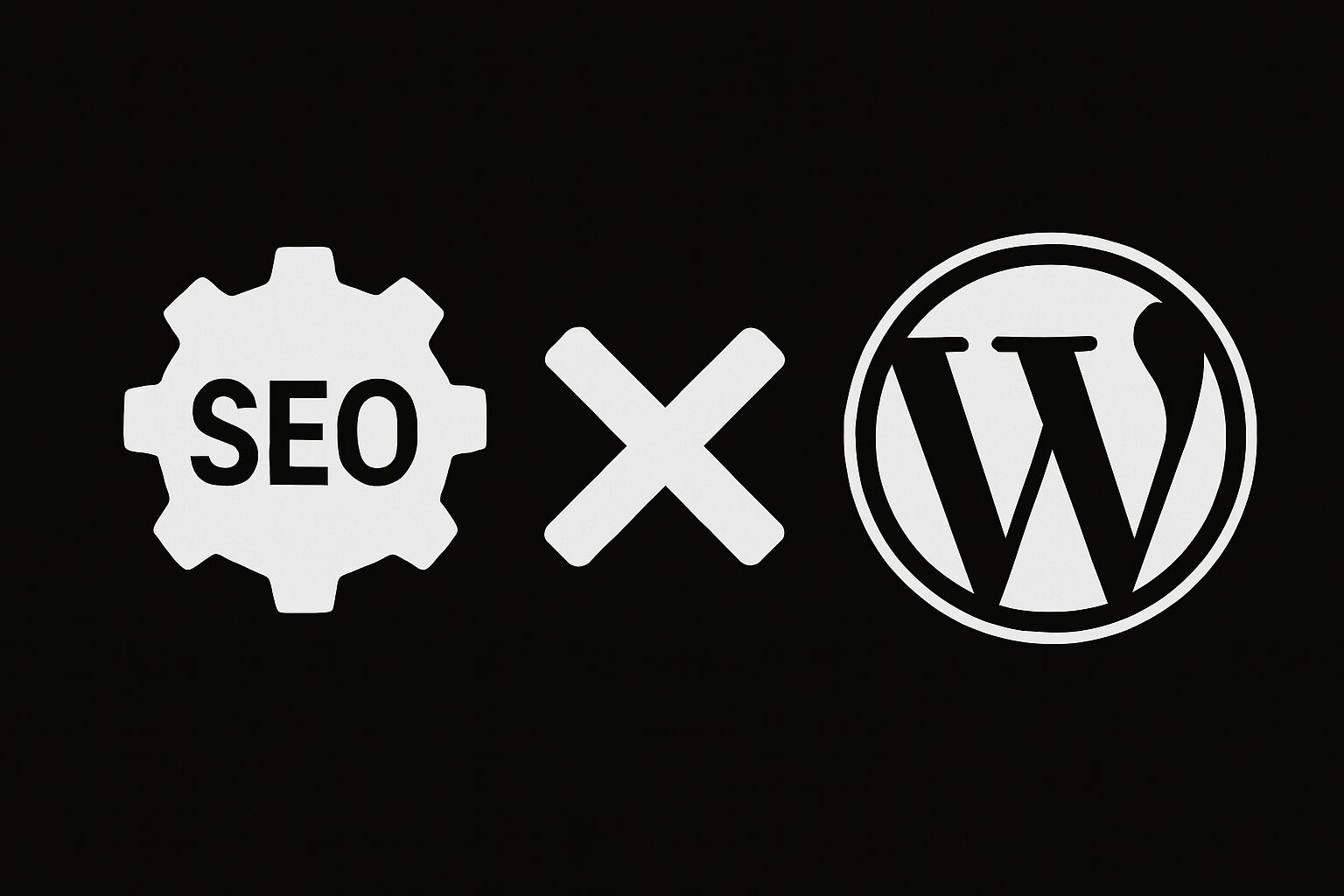Which SEO Plugin is the best? a common question that inexperienced users in SEO tend to ask themselves. They want to know which plugin does "SEO Best," and users are often misled into believing that any one plugin is going to dramatically improve your site. When you're approached by a Digital Marketing Agency and their first step to improve your rankings is to switch your SEO plugin, you should ask them "why". If the reason for this is anything other than it works better for their workflow, you're likely dealing with an inexperienced individual or agency.
What Does an SEO Plugin Do?
SEO Plugins for WordPress come with a large variety and a huge variance in features. But let's first break down what the most important thing they all do. At their core, they add various bits of metadata onto your WordPress website:
<title>tags that appear in Google as your page title<meta name="description">the description that appears in Google search under your title
Outside of this, SEO plugins tend to add schema markup in the form of <script type="application/ld+json">. This markup gives additional context to Google about your website—it could be that you're a local business selling pastries in Los Angeles, or a local plumber in your town. This markup is meant to add context for your website and business to appear in things like Google's knowledge graph.
Some SEO plugins come with additional functionality, some of which is just not good. A common one we see is redirecting all 404s to your homepage—this is a suggestion often given to users of Rank Math. You should never do this. There's also automatic alt tags and title tags for images. Most of these tools just take the current page's title and insert them, which is useless to users and to Google's algorithms.
The Truth About SEO Plugins and Rankings
I want to be clear that there is no SEO plugin that by itself will make your website outrank your competitors. SEO Plugins are simply tools that help you implement certain technical aspects of SEO, and they are not able to:
- Create high-quality and relevant content for your site.
- Builds authoritative backlinks to your site.
- Improve your website's user experience.
- Develop a comprehensive keyword strategy.
- Understand your specific industry, audience, or competitors.
All of these are just part of an overarching SEO strategy that the marketing agency you're working with should be providing to you. The SEO plugin merely facilitates some of the technical implementation for your on-page SEO strategy.
Let's Compare Some Popular SEO Plugins
While no single plugin is "best," here's how some of the popular options compare:
Yoast SEO
- Pros: User-friendly interface, content analysis features, large community
- Cons: Can be bloated with features, aggressive upselling to premium (where, at least in my opinion, the value is poor for most individuals)
Rank Math
- Pros: Feature-rich even in the free version, has great pricing in the paid version.
- Cons: Some questionable tools like automated alt text generation, and 404 to home which are not recommended.
The SEO Framework (What We Use)
- Pros: Lightweight, developer-friendly, unobtrusive, focuses on essential features
- Cons: Less hand-holding for complete beginners, fewer bells and whistles
All-in-One SEO Pack
- Pros: Straightforward setup, good for beginners
- Cons: Less detailed guidance than some competitors now2e3q
What Matters for WordPress SEO
Instead of worrying about which plugin to use, focus on these proven SEO factors:
- Content Quality: Create comprehensive, original content that genuinely answers user questions and addresses their needs. Without the fluff no one wants to read a 1500 word article to get a 1 sentence answer deliver useful information to your readers easily and quickly.
- Technical Optimization: Ensure your site loads quickly, works well on mobile devices, and has a clean structure that search engines can easily crawl and that is accessible for all your readers.
- User Experience: Keep visitors engaged with easy navigation, clear calls to action, and content that keeps them on your site longer. Remember that good UX is more than just putting a call to action in every section.
- Backlink Profile: Build relationships for outreach and create content that others naturally want to link to.
- Local Signals: If you're a local business, ensure your NAP (Name, Address, Phone) information is consistent across the web.
- Regular Updates: Keep your content fresh and updated to signal that your site is active and relevant.
Choosing the Right SEO Plugin for You
The "best" SEO plugin is the one that fits your needs and workflow. We use The SEO Framework because it's lightweight, and it doesn't bloat our websites with unnecessary features, and we don't get annoying upselling notifications. However, we tend to do most of our writing outside of the WordPress editor for drafting purposes and then transition into the editor.
When selecting a plugin, consider:
- Your technical skill level.
- The specific features you need and what you're willing to pay if you need an upgrade.
- How well it integrates with your other tools.
- Performance impact on your site, we recommend installing Codeprofiler and running a scan.
- Update frequency and support. Never use an SEO plugin that's been abandoned.
Conclusion
The next time someone tells you that switching SEO plugins will drastically improve your rankings, be skeptical. While a good plugin is a helpful tool in your SEO toolbet its a smaller part of your overall strategy.
Focus instead on developing a comprehensive SEO strategy, creating excellent content, and providing genuine value to your visitors. Do these things consistently, and you'll see real results.
Remember: tools don't create success—strategies do.

